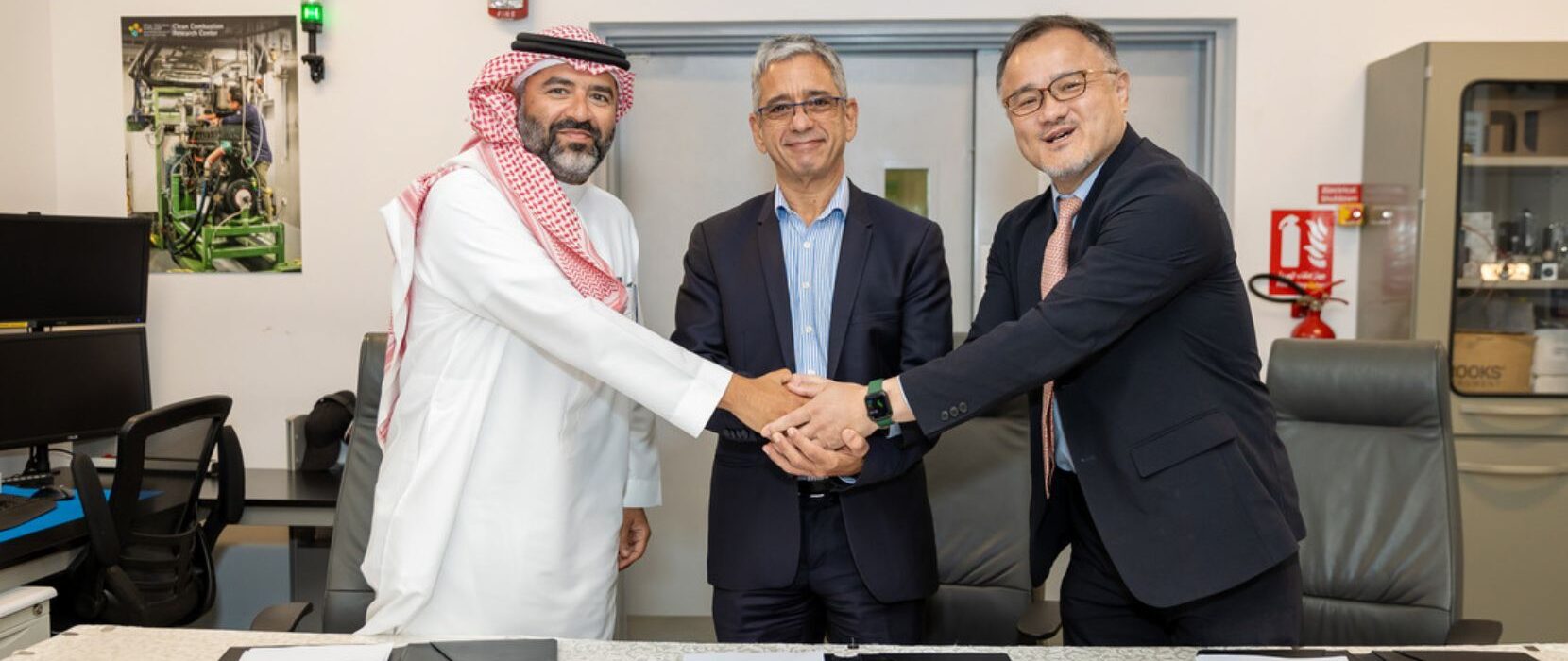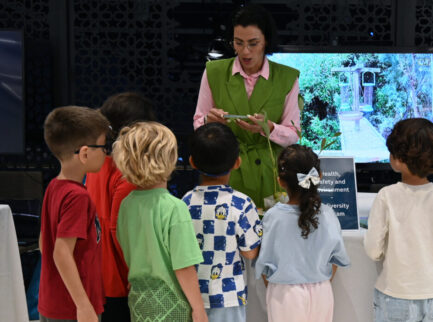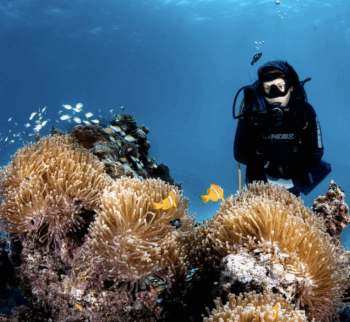As Saudi Arabia continues to advance toward a sustainable and diversified energy future under Vision 2030, the shift toward clean energy and efficient resource use has become a shared national responsibility. From community awareness campaigns to industry-focused innovation, KAUST continues to play an active role in this transformation by empowering both individuals and institutions to use energy wisely, efficiently, and sustainably.
Across the KAUST community, energy efficiency remains a core theme in sustainability outreach and education. The Campus and Community (C&C) Department continues to promote responsible energy consumption among residents, laboratories, and facilities by sharing practical guidance on optimizing air conditioning, switching off unused equipment, and adopting efficient lighting. These messages are regularly reinforced through campus-wide initiatives such as Earth Hour, World Environment Day, and Community Open Day, which engage residents and visitors in learning about how small, consistent actions contribute to meaningful reductions in energy demand.
These efforts are complemented by guided visits to KAUST’s desalination, wastewater treatment, compost, and waste-sorting facilities, helping participants understand the deep connections between energy, water, and waste management. By highlighting the interlinkage of energy-intensive processes such as water desalination and recycling, these activities foster a culture of sustainability and shared responsibility within the KAUST community. As the University advances the development of its Climate Action Plan, such outreach programs will continue to play a key role in embedding sustainability literacy and behavioral change across campus life.
Beyond the local community, KAUST’s impact in 2024 extended to direct partnerships with national industries, where the University delivered specialized energy-efficiency services, technical assessments, and clean-energy solutions that advance the Kingdom’s transition to a low-carbon economy. Through the Energy Cortex program with NEOM’s utility arm, ENOWA, KAUST researchers co-developed smart-grid and energy-storage technologies designed to optimize generation and reduce transmission losses, translating scientific insight into operational efficiency across NEOM’s industrial developments.
In collaboration with Abdul Latif Jameel Motors (Toyota), KAUST established a Clean Energy Research Platform to test and enhance hydrogen fuel-cell systems under Saudi climatic conditions, conducting detailed energy-efficiency assessments that inform the deployment of zero-emission vehicles. The University also joined Aramco and international partners to launch the Consortium for Nonmetallics and Composites in Energy Applications, headquartered at KAUST, where research is focused on developing lighter, more durable materials that improve performance and efficiency in energy infrastructure, from pipelines to hydrogen systems.
KAUST’s role in strengthening national capacity extended to professional education and technical training. The Center of Excellence for Renewable Energy and Storage Technologies (CREST) hosted a national webinar on grid-scale battery storage, engaging engineers, policymakers, and industry practitioners in discussions on renewable integration and energy management best practices. Meanwhile, the University continued to nurture future talent through programs such as the inaugural Summer School on Batteries, led by Professor Husam Alshareef, which offered Saudi students hands-on experience in energy-storage science and technology. Alumni joined the program to share their experiences and career paths, inspiring the next generation of innovators. Similarly, the 2024 KAUST–SESP PV Design School provided practical solar-design training for engineers, further expanding local expertise in renewable energy deployment and efficiency applications.
From awareness campaigns that inspire energy-conscious living to advanced industrial collaborations that accelerate clean-technology adoption, KAUST’s efforts throughout 2024 illustrate a holistic approach to sustainability, one that connects research, operations, and education to drive meaningful change. By combining community engagement with industry partnership, KAUST continues to empower people and organizations alike to contribute to the Kingdom’s sustainable energy transformation and to the shared global goal of a cleaner, more resilient future.
These efforts not only reflect local progress, but they also echo the spirit of the United Nations Sustainable Development Goal 7: ensuring access to affordable, reliable, sustainable, and modern energy for all. Every initiative, from optimizing campus operations to advancing renewable energy research, brings Saudi Arabia one step closer to that vision. By translating innovation into action, KAUST is helping to shape a future where clean energy powers opportunity, resilience, and growth, both within the Kingdom and far beyond its borders.




